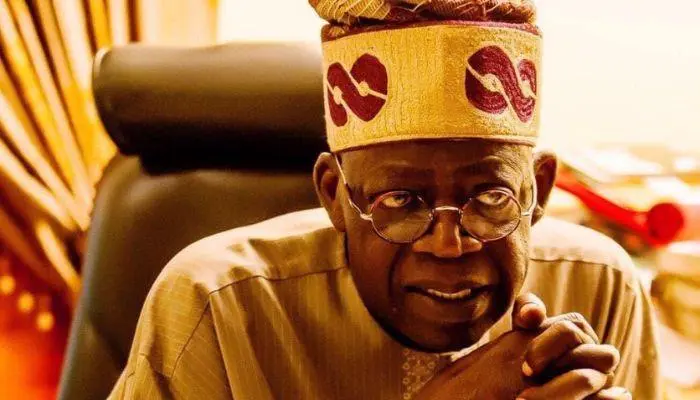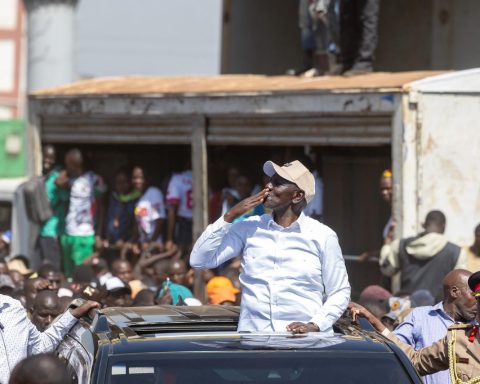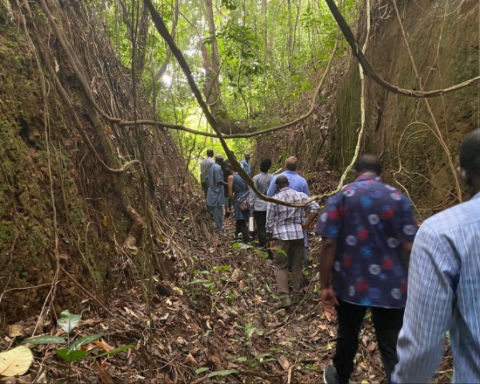Communication Breakdown Between Nigerian Government and Citizens
The relationship between a government and its citizens is critical to the progress of any society. When the government fails to effectively communicate policies and initiatives, it creates a deep disconnect. This is evident in Nigeria, where citizens’ distrust of leadership has reached alarming levels.
A recent report highlights that “many African citizens, including Nigerians, do not trust their leaders.” The result of this distrust is stagnation in socio-economic development, political instability, and a widening gap between the government and the governed.
Join our WhatsApp ChannelIneffective communication opens the door to corruption, as information about government programmes and support rarely reaches those it is intended to help. The Nigerian government often fails to relay its projects clearly, and when citizens don’t know about them, they are left vulnerable to exploitation by corrupt officials. This disconnect is not just an issue of bad governance; it is an active barrier to growth and prosperity.
The Real Cost of Poor Communication
Economic challenges, worsened by the lack of communication, have driven many young Nigerians to leave the country in search of better opportunities abroad, a phenomenon now known as the “Japa syndrome.” This mass exodus is a direct result of the government’s inability to create and communicate sustainable economic policies that support small businesses and foster local talent. Many citizens feel abandoned, leading to frustration and a desperate search for greener pastures abroad.
“The government releases funds to support businesses,” one source mentioned, “but the intended beneficiaries are often unaware because of poor communication.” When citizens don’t know where or how to access these funds, it leads to a misuse of resources by middlemen who take advantage of the system. Clear and transparent communication could change this reality, but it seems to be a low priority for those in power.
READ ALSO: Communication Experts Call For National Policy On AI Use, Fact-checking To Curb Misinformation
What Leaders Can Learn from Developed Nations
Nigerian political leaders must take lessons from developed countries, where communication is seen as a vital tool for governance. In these countries, governments ensure that citizens are well-informed about initiatives, progress, and policies. This fosters trust and ensures public participation in nation-building. Nigerian leaders must start asking themselves: why do young Nigerians dream of living abroad? What sets these countries apart?
Developed nations prioritize transparent and honest dialogue with their citizens. They don’t wait for crises to unfold before addressing issues. Nigerian leaders, on the other hand, often wait until protests erupt, as seen during the #EndBadGovernance protests, before offering half-hearted responses. This reactive approach only fuels more anger and distrust. Proactive, strategic communication could prevent these crises and foster a more unified, engaged society.
A Lack of Transparency in Critical Sectors
Nowhere is the failure of government communication more apparent than in the oil and gas sector. For years, Nigerians have been kept in the dark about the status of key projects, such as the Port Harcourt refinery. Despite promises from the Federal Ministry of Petroleum Resources and NNPC, the refinery remains inactive. This lack of transparency raises serious questions about the government’s ability to manage critical sectors effectively.
Aliko Dangote, CEO of Dangote Refinery, recently expressed frustration, stating that “it was only after addressing the media that the government took steps to address the concerns we raised.” This shows how slow and unresponsive the government is, waiting for public outcry before making any meaningful moves. Nigerians deserve better—they deserve clear communication about the progress of vital projects that affect their livelihoods.
Restoring Trust Through Effective Communication
Restoring trust in government requires more than just political speeches during election periods. Strategic communication must be a consistent effort, not reserved for special occasions. President Bola Ahmed Tinubu’s ‘Renewed Hope’ mantra has yet to translate into tangible action for many citizens. There is a glaring gap between what the government claims to be doing and what the people actually experience.
A proactive communication strategy is crucial to rebuilding trust. Governments must engage in open dialogue with citizens, updating them on ongoing projects, programs, and future plans. This approach can avert the rise of misinformation and fake news, which often fills the void left by poor communication. Citizens need to feel like active participants in nation-building, not bystanders.
The Way Forward for Nigeria
The Nigerian government must shift away from using communication as a tool for propaganda and instead focus on transparent methods that engage citizens. “Government at all levels must prioritise communication,” an analyst argued. “It is not enough to release funds or announce policies. Citizens need to understand how these policies affect them and how they can contribute to their success.”
If Nigeria is to flourish, the government must adopt a proactive communication strategy that fosters trust, encourages citizen participation, and ensures transparency. Only then can Nigeria reach its full potential. Political leaders must move beyond empty promises and engage in real, honest conversations with the people they serve. Without this, the cycle of distrust and stagnation will continue.
Victor Ezeja is a passionate journalist with seven years of experience writing on economy, politics and energy. He holds a Master's degree in Mass Communication.

















